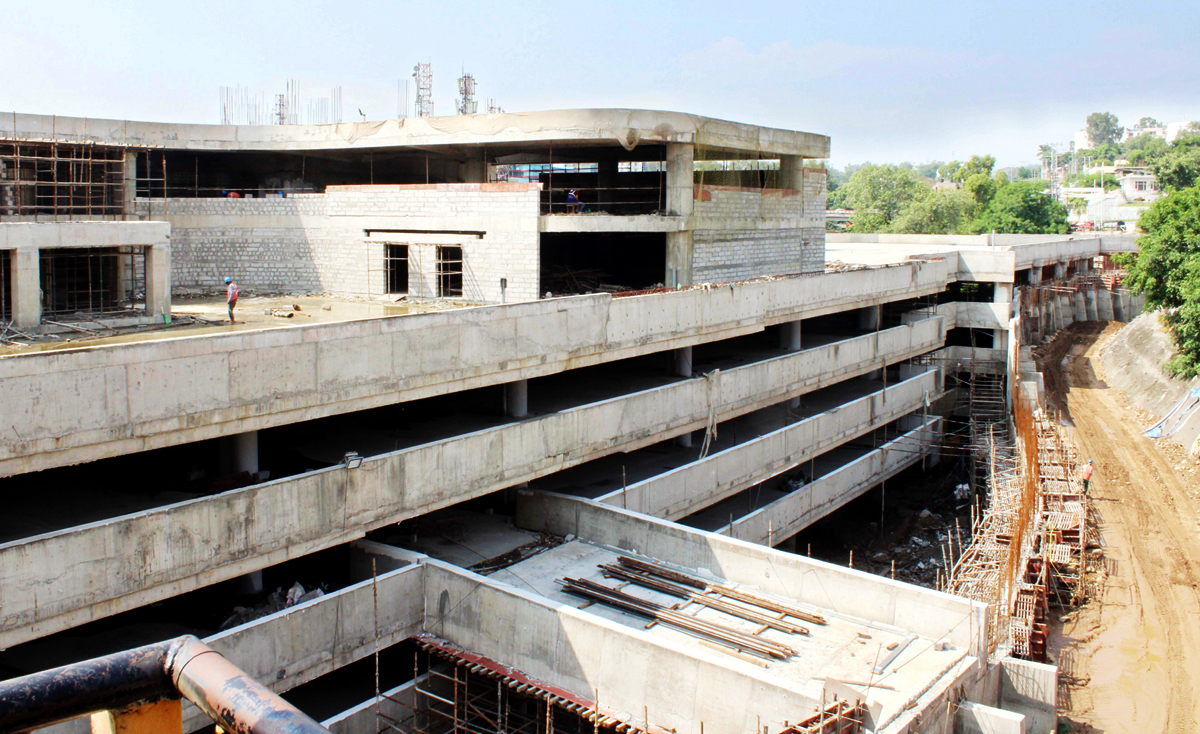The recent situation surrounding the JDA’s Bus Stand-cum-Multilevel Car Parking-cum-Commercial Complex comes as a stark reminder of the perils of hasty planning and inadequate foresight. Constructed at a staggering cost of Rs 213 crore, the complex was envisioned as a pivotal hub for commerce and convenience. However, what was meant to be a beacon of urban advancement has instead transformed into a burdensome white elephant, haunting the coffers of the JDA and casting a shadow over the efficacy of its endeavours. There is a fundamental mismatch between ambition and execution. While the complex boasts an impressive array of facilities-including a bus stand, multilevel parking, commercial spaces and a food court-its potential has been stifled by a series of critical missteps. Chief among these is the exorbitant pricing strategy adopted by the JDA, which has left the whole complex unutilised. Despite repeated pleas for moderation, the authorities have failed to heed the calls for rationalisation, squandering an opportunity to harness the full economic potential of the project.
Situated at the core of the city, the JDA’s parking facility should have been a bustling hub of activity. However, the prevailing reality paints a starkly different picture, marred by mismanagement and flawed implementation. A lack of sanitation, the least maintenance, broken speed breakers and the imposition of post-paid parking on Level 1 are just a few indicators of the glaring absence of planning and execution. Compounded by a single exit point, which leads to chaotic gridlocks during peak hours, commuters often find themselves waiting for upwards of an hour just to exit the parking lot. Despite mounting grievances, authorities have shown little inclination to address these issues, resulting in a situation where the partially utilised parking facility struggles to generate sufficient revenue for its own sustenance. More concerning is the silence of senior officials. Urgent corrective action is needed to utilise the complex’s potential. This demands a thorough review of pricing policies, renegotiation of contracts, and the implementation of robust oversight mechanisms.
Trending Now
E-Paper


